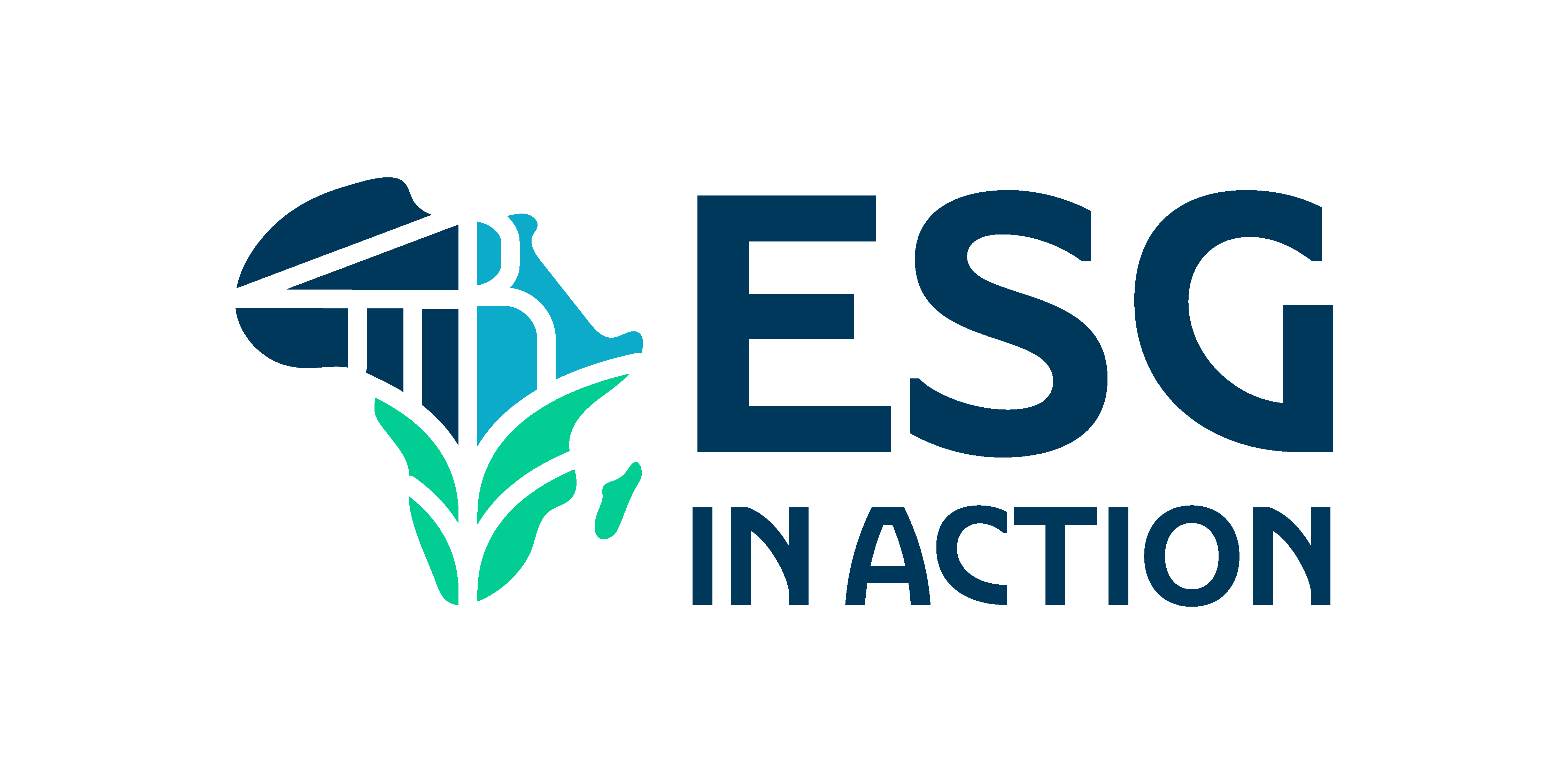
Beyond Compliance: Why Robust Governance is the Bedrock of Successful African Businesses


At ESG in Action Africa, we believe governance is not just a regulatory requirement. It is the heartbeat of resilient, profitable, and sustainable businesses on the continent. While many discussions about growth in Africa spotlight finance, technology, or market expansion, history shows that it is governance that determines whether businesses endure and thrive.
In this article, we will explore why governance matters beyond compliance, why it is particularly vital in the African context, and how strong governance frameworks are closely tied to long-term Environmental, Social, and Governance (ESG) outcomes.
Governance Beyond Rules and Regulations


Compliance is the minimum. In Nigeria, for instance, International Financial Reporting Standards (IFRS) S1 and S2, which we discussed earlier this year, provide important guardrails. But the real power of governance lies in how it builds trust, defines accountability, and embeds systems that outlive individual leaders. At ESGiAA, we see daily how companies that view governance as a strategy, and not just paperwork, can unlock resilience and investor confidence. When governance is treated as the heartbeat of the business rather than as an external obligation, it strengthens the entire organisation.
The African Context: Complexity and Opportunity


Africa offers fast-growing markets, a young workforce, and rich resources, but also faces weak institutions, corruption risks, and political volatility. In such an environment, governance is not optional. Strong systems help organisations withstand shocks, attract sustainable investment, and scale responsibly.
Resilience Through Governance


As mentioned earlier, African businesses face risks ranging from currency volatility to regulatory changes and social unrest. Without strong governance, these risks can easily overwhelm even the most promising ventures. Businesses that embed succession planning, risk management, and board oversight weather volatility far better.
Ethics and Reputation


For businesses that operate across multiple African countries, respecting ethical principles also means adapting governance frameworks to local contexts while maintaining core values. This balance fosters trust with local stakeholders while aligning with international standards.
In Africa, where communities and relationships shape markets, ethical lapses quickly erode trust. Scandals destroy not only balance sheets but also jobs and reputations. We help organisations embed ethics through codes of conduct, whistleblower frameworks, and transparent procurement practices. The practical steps that protect communities and investors alike.
Governance Drives Profitability


There is sometimes this false belief that governance slows down decision-making and reduces efficiency. In reality, evidence suggests that strong governance enhances profitability in the long run.
Well-governed businesses allocate capital efficiently, attract top talent, and reduce financing costs. In a continent where reputation travels fast, governance directly supports brand equity and customer loyalty.
The Link Between Governance and ESG


In recent years, ESG principles have gained momentum globally, and Africa is no exception. ESG focuses on environmental sustainability, social responsibility, and governance standards. While the three pillars are often discussed separately, governance is the glue that binds them together.
Environmental and social ambitions collapse without governance structures to measure, allocate resources, and report progress. Global investors increasingly screen for ESG credentials, and African firms with credible governance unlock global markets and capital.
From Companies to Institutions


When African businesses prioritise governance, they do more than strengthen themselves. They contribute to stronger national institutions and inspire industry-wide reform. This ripple effect is vital for sustainable economic transformation.
Pathways to Stronger Governance


Please note that strengthening governance is a continuous journey rather than a one-off exercise. African businesses can take several steps to move beyond compliance:
- Empower independent, diverse boards: Boards should be independent, diverse, and equipped to challenge management decisions constructively.
- Promote transparency through open reporting: Clear reporting and open communication with stakeholders build trust and reduce suspicion.
- Embed ethics into organisational culture: Codes of conduct, training, and accountability systems should make ethical behaviour the norm.
- Prioritise risk management in volatile markets: Anticipating and preparing for risks is essential in Africa’s unpredictable environments.
Integrate ESG into governance frameworks: Governance frameworks should align with sustainability goals, ensuring accountability for environmental and social impact.
Conclusion


For African businesses that aspire to global relevance, governance is not optional. It is the bedrock upon which enduring success is built.
The future of African business depends not only on innovation but also on the strength of its governance. At ESG in Action Africa, we partner with boards, executives, and investors to move beyond compliance into resilience, profitability, and ESG leadership.



